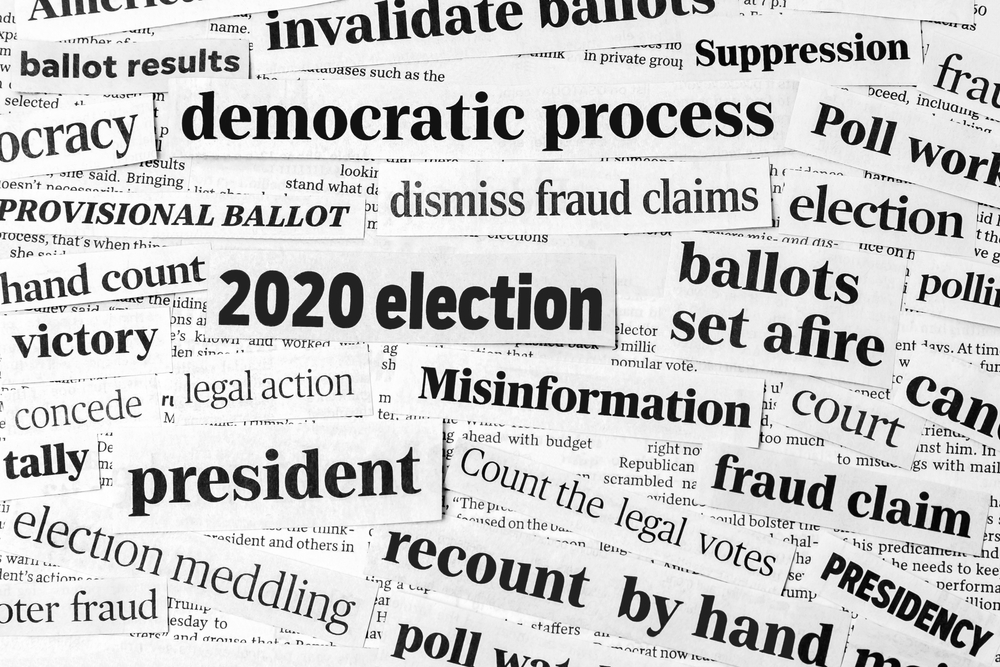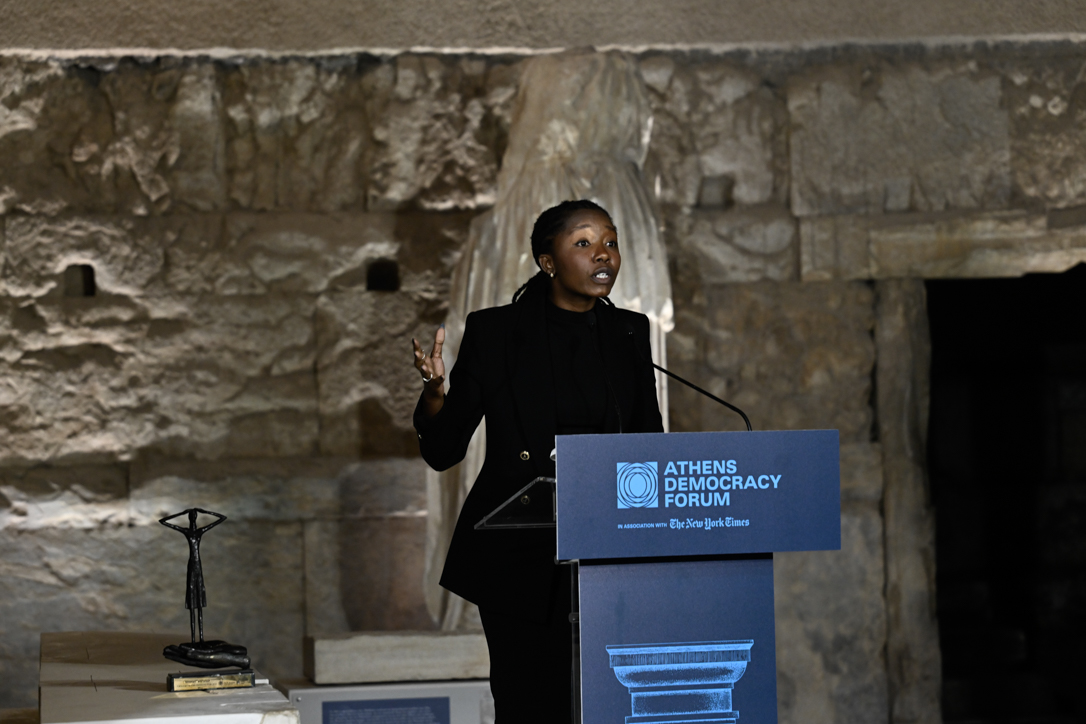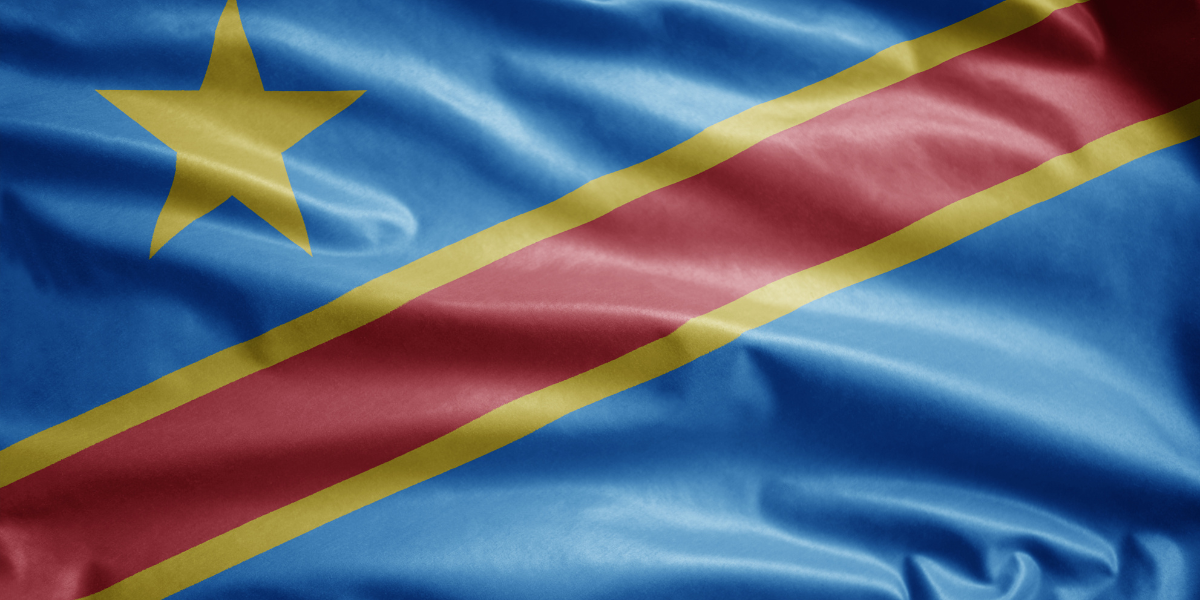International Day of Democracy 2020: nothing to celebrate?
Amidst a global democratic recession, accelerated and exacerbated by the pandemic, the Kofi Annan Foundation sees grounds for hope.
It may seem tone-deaf to celebrate the International Day of Democracy this year. The novel coronavirus pandemic has been exploited by some governments across the world to restrict freedoms, hobble opposition parties and curtail the activity of civil societies. As former Swiss President Doris Leuthard said in an online conference organised by the Foundation during the pandemic, “the world will come out of this crisis less safe, less prosperous, and less free.[1]”
In other words, the long “democratic recession”, underway since 2006, has accelerated and deepened in 2020. [2] A widely shared view that China has handled the pandemic more effectively than the United States of America[3] has added grist to the mill of those who have long argued in favour of authoritarian models of government amidst growing disillusion with politics.
Yet 2020 has also been a year which showed both the global aspiration to and resilience of, democracy, reminding us that while more and more governments cast doubts on its benefits, their people know better. In a survey carried out in the spring of 2020, 78% of respondents in 53 countries around the world said that “democracy is important to have” in their country.[4] And people are ready to take to the streets in its defence. Each context was specific but, taken together, the mass demonstrations in Hong Kong, Thailand, Belarus, Siberia, and Malawi in 2020 contradict the familiar narrative on democracy’s decline. In the case of Malawi, the protests led to the historic re-run of the presidential elections, and a historic transition after years of authoritarian drift.
Kofi Annan was confident in democracy’s ability to prevail because it taps into universal aspirations to freedom, accountable government and the respect of human rights. Democracies always look shakier than they really are because they are based on consent rather than coercion, and free speech rather than propaganda, which papers over the cracks in the performance and legitimacy of authoritarian regimes.
And indeed, democratic countries like South Korea and Taiwan, which had experienced the outbreak of Severe Acute Respiratory Syndrome (SARS) in 2003, have fared comparatively well in dealing with Covid-19. Senegal, for its part, ranked second behind New Zealand in a Covid-19 Global Response Index, thanks in part to transparent and effective communication by its democratically-elected government.[5] The 2020 Report of the Global Preparedness Monitoring Board, issued just yesterday, shows that leadership and civic engagement have been the true determinants of success in fighting the pandemic and mitigating its socio-economic impact.[6]
Beyond the pandemic, democracies have historically achieved more justice, prosperity, equality, and even environmental protection, than their authoritarian rivals. Of the twenty countries with the highest levels of human development as measured by the UN’s human development index, eighteen are liberal democracies.
Yet, democracies cannot be complacent. A growing number of social movements and electoral outcomes in well-established or newer democracies reveal a dangerous level of disgruntlement over their governments’ unwillingness or inability to address popular concerns, like growing inequalities, social injustice, corruption, migration or climate change. Responses to these complex challenges cannot be defined in short political cycles and the ability of democracies to forge compromises is getting more difficult as their societies become more diverse.
Democracy is not only under strain; it is under attack. Its detractors have been weaponising the internet and social media to meddle in elections and undermine trust in democratic institutions and processes. The greatest threats are internal, however: elected leaders who try to hollow out checks and balances to their power, powerful lobbies who skew public policy (and resources) in favour of private interests, and the apathy of citizens who do not turn up on election day to cast their vote.
Three years ago, Kofi Annan cautioned us: “We must cherish, reform and defend democracy, or else it may be lost for future generations.” On the International Day of Democracy, which he established, let’s remember that democracy is the only political system based on the demos, the people.
[1] Former Swiss President, and member of the Board of the Kofi Annan Foundation
[2] Diamond, Larry (2 May 2014). “Democracy’s Deepening Recession”. The Atlantic.
[3] https://www.reuters.com/article/us-health-coronavirus-democracy/chinas-response-to-covid-19-better-than-u-s-s-global-poll-finds-idUSKBN23M1LE?feedType=RSS&feedName=topNews
[4] Democracy Perception Index – 2020, Dalia Research, accessed online September 2020 https://daliaresearch.com/blog/democracy-perception-index-2020/
[5] The Covid-19 Global response Index, Foreign Policy, https://globalresponseindex.foreignpolicy.com/?country=senegal
[6] A World in Disorder, Global Preparedness Monitoring Board 2020 report https://apps.who.int/gpmb/annual_report.html



